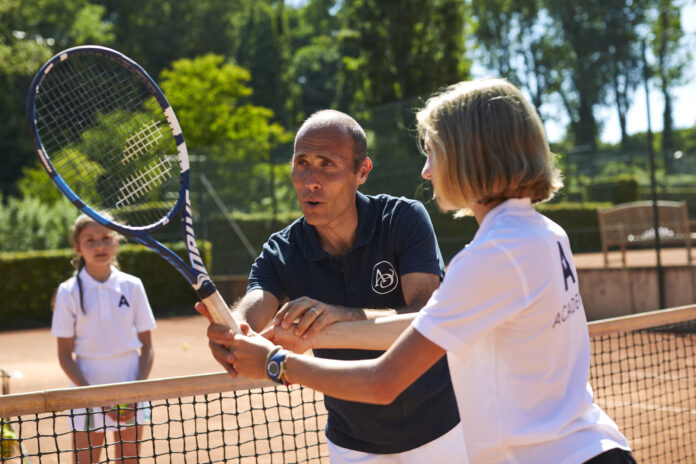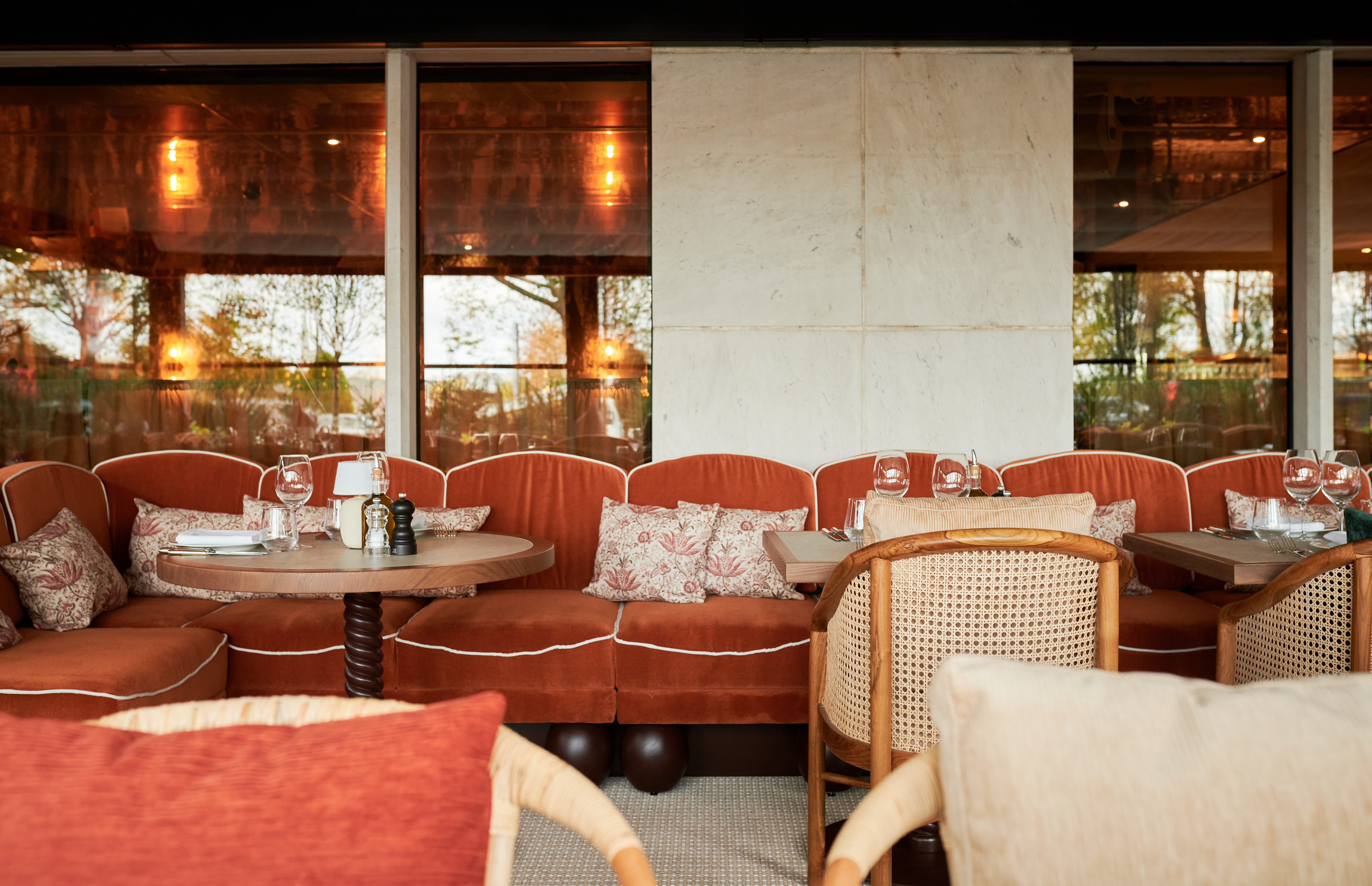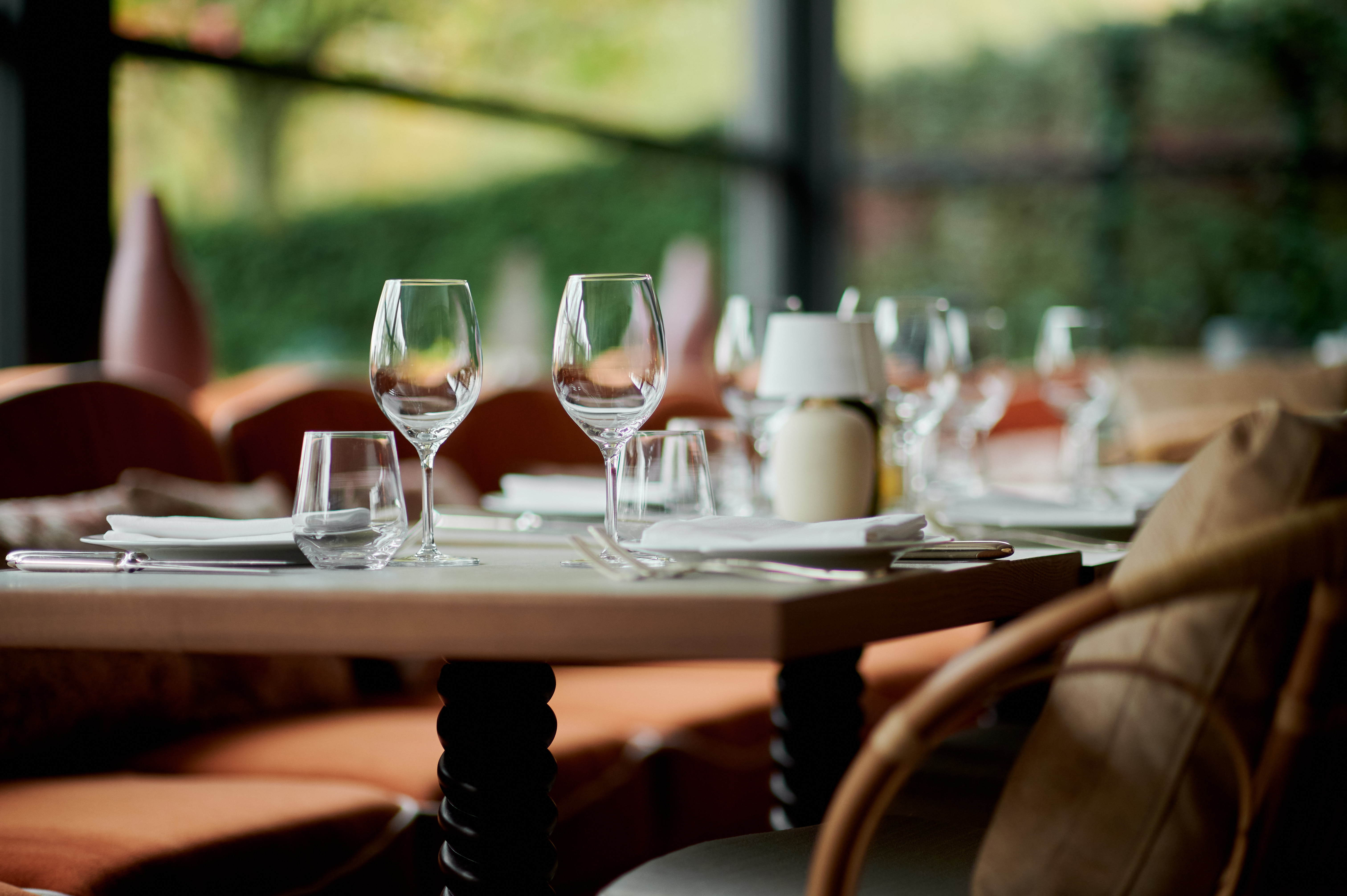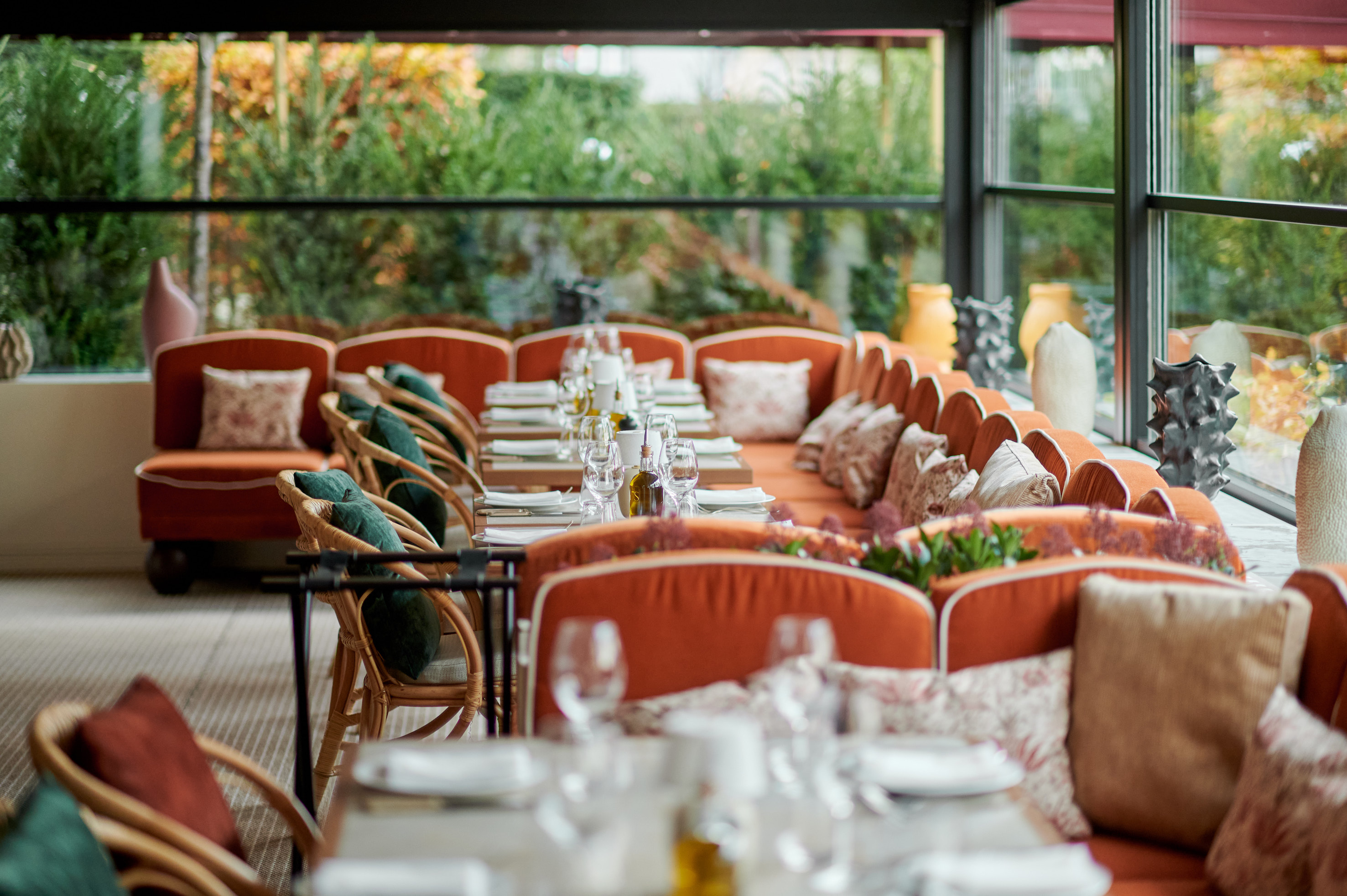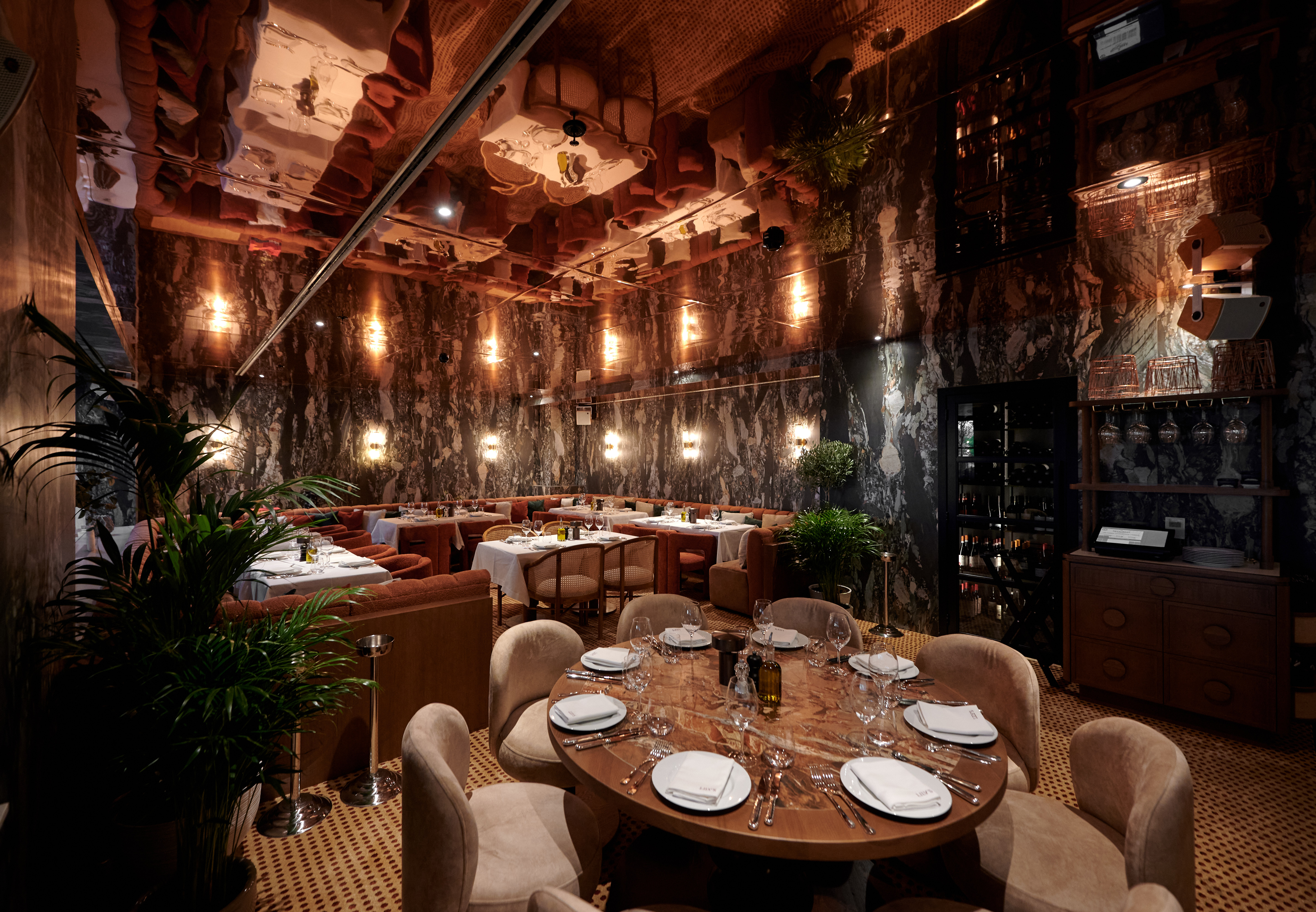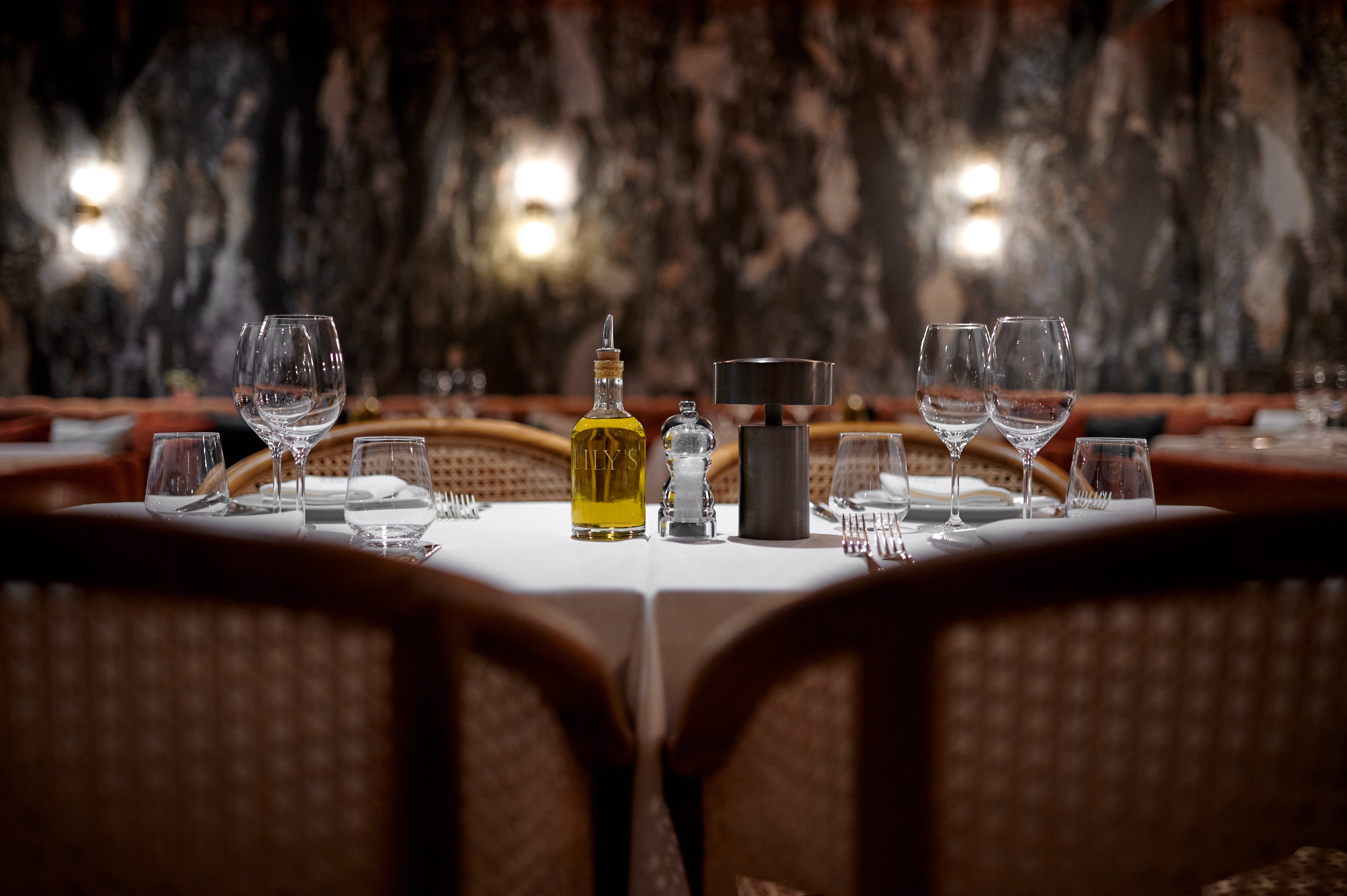Aspria’s Royal La Rasante club has an impressive approach to engaging and encouraging children to become healthier and happier
How many hours of physical activity do your children engage in each day? According to the World Health Organization (WHO), it should be at least 60 minutes, but only a small proportion are currently meeting this recommendation. In addition, the rate of childhood obesity in Europe remains worryingly high. But when encouraging children to get started with sports training, the key is not depressing facts – it’s making it fun.
Physical benefits of sports training in children
“If you want your child to get started with sports, you should make it a fun activity in a safe environment to go together as a family,” says Caroline Boon, Academy Manager for Aspria Royal La Rasante. “Especially when they’re younger, children will most likely quit something they do not enjoy.”
“If you want your child to get started with sports, you should make it a fun activity”
In fact, staying healthy and maintaining strength and agility in adulthood is much easier to achieve if the habits are formed early on in childhood. “If a child is doing sports on a regular basis that they enjoy, they will develop a healthy exercise habit and continue in adulthood – and grow up less likely to develop obesity,” Caroline continues.
Mental health and general wellbeing
In addition to physical health benefits, regular sport is increasingly linked to improved mental health and general wellbeing. “It’s important to show your children how great it is to have an outlet for stress – which sport is proven to be,” says Caroline. Another report by the WHO, published in The Lancet Child & Adolescent Health journal, found growing evidence that physical activity has a positive impact on cognitive development and socializing – and that these benefits also continue into adulthood.
“It’s important to show your children how great it is to have an outlet for stress – which sport is proven to be”
“The study highlights that young people have the right to play and should be provided with the opportunities to realise their right to physical and mental health and wellbeing,” says co-author Dr Fiona Bull, WHO. “Four in every five adolescents do not experience the enjoyment and social, physical, and mental health benefits of regular physical activity.”
Among the WHO’s advice is to find ways to increase your children’s physical activity outside school, where physical education lessons are normally offered only a few times a week. At Aspria, we created the Aspria Academy, a dedicated programme for children up to 17 years old, with a wide range of sports and activities (including team sports, swimming, dance and creative classes), from toddler to teens, delivered by qualified staff and aligned to national standards.
How to inspire children to get started with sports training
So how do you start? “Find an activity that your child enjoys and is capable of doing,” advises Caroline. “All children are built differently and not everyone will become the next swimming gold medalist or Olympic sprinter; forcing an activity onto a child will only lead to stress on both sides. If your child often comes last in competitive sports or is a slow runner, for example, they could lose interest in sport altogether. So listen to your children’s feedback and if they want to stop doing their chosen activity, try something else.”
Choosing the right sports and activities
Whilst choice is important, it can be hard to know where to start, especially if your child is reluctant to take on a new sport. “In the early ages it is best to find an activity that focuses on hand and foot coordination – throwing, catching, kicking – and general strength building,” says Caroline. “Ball games are often popular, as well as multi-sports to keep things varied and fun. As they get older, I would always suggest team sports – they are great for teaching children necessary social skills.”
Tennis and swimming are particularly popular sports at Aspria Royal La Rasante, so we’ve developed tailored Academies for each. Our swimming programmes start with Aqua Babies – an introduction to water movement through games to build water confidence and make it a sociable experience – all the way to Swim Evolution, where all four strokes are perfected over long distances.
“As they get older, I would always suggest team sports – they are great for teaching children necessary social skills”
Similarly with tennis, our coaching is broad and we’ve developed learning pathways. Children as young as pre-schoolers can start with bigger, soft balls where the aim is to make it fun and engaging, whilst learning about ball control, coordination and basic technique. For older, more advanced children, our competition and training courses focus on coaching young athletes, including helping them to understand the importance of a positive mental attitude.
“Swimming is a great way to build overall strength and work on coordination and stamina,” says Caroline. “The same goes for tennis, where children need to be fast but also precise to hit the ball. Other popular options are dance classes and martial art classes.”
Gridz for teenagers
It can also be challenging to adapt the chosen activity as children become teenagers, and their preferences change. In this context, providing them with an exercise option that’s more flexible and very accessible can help keep them active for longer. At Aspria Royal La Rasante, we have introduced an innovative new class format that enables teens to exercise effectively, and never get bored.
That’s where Gridz comes in. Bringing HIIT exercises together in a circuit format adapted for young members aged 12-17, Gridz offers a full body workout – with a fun twist. Following a warm-up, participants move through 16 stations across 4 zones, each time switching to new exercises. Accompanied by energising music, each exercise is approximately 35 seconds long, followed by 10-second rest.
Gridz is a non-competitive training because participants train individually within their own grid, i.e. doing separate exercises, they can work out at their own pace, without the fear of peer pressure. Moreover, depending on the season, the classes can take place just as easily indoors or outdoors.
“Summer camps are a perfect way to explore different activities in just one week”
Summer camps
At this time of year, summer camps are a necessity for some working parents, but they can also be a great way to introduce children to new sports in a fun and safe environment.
“Summer camps are a perfect way to explore different activities in just one week,” says Caroline. “Maybe you’ll find a new activity that you’ll want to take further? Also, it’s a great way to make new friends.”
Practical info
Academy summer camps are for children aged between 3 to 17 years. The children and teens are split into age-appropriate groups.
There is a great variety of activities, from bike to circus, martial arts to yoga, or even cinema to programming activities. It is complemented by multi-sport activities and, depending on the programme, fun in the swimming pool.
Free childcare is available from 8.30 in the morning and between 17.00 and 17.30 in the afternoon. The prices for the courses include a hot meal and a piece of fruit for dessert at noon and a snack at 15.30. Members and non-members are welcome to summer camps.
Explore the full range of activities for families at Aspria Royal La Rasante on www.aspria.com


